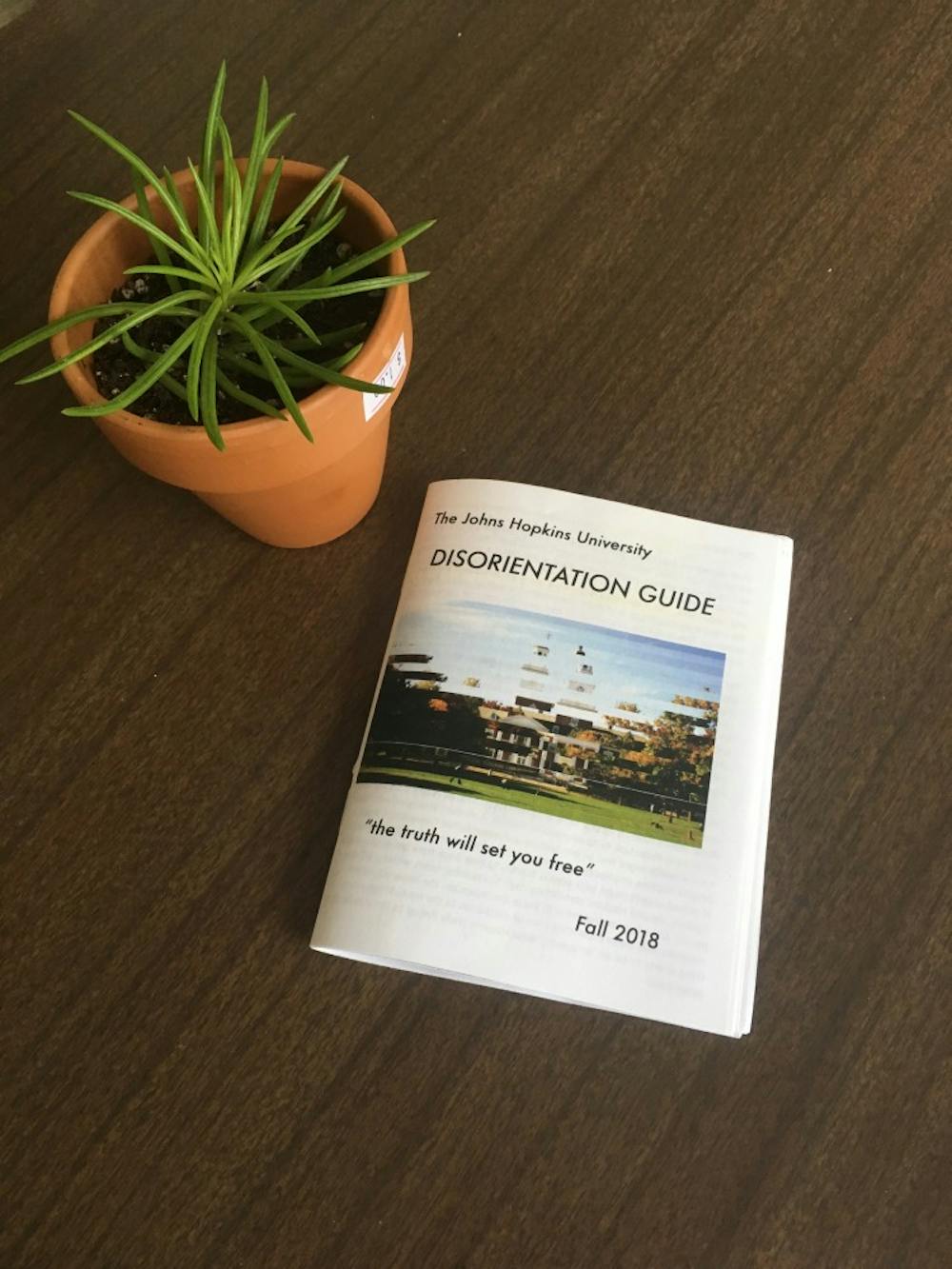Over the past three years, I’ve gotten to learn more about Hopkins than I would have liked.
Our renowned medical research carries the shadow of exploiting test subjects with cases like the nonconsensual removal of Henrietta Lacks’ cells or the Kennedy Krieger lead paint experiments. Our school’s commitment to research-based solutions is discarded as it pursues a private police force which researchers and community members alike have rejected.
The happy student faces on admissions brochures don’t seem as happy considering a University report revealing that close to 30 percent of undergraduate respondents have considered suicide. President Daniels’ recent letter to students in support of the humanities lacks merit considering the school’s past threats in shutting down the Humanities Center (which has since been renamed the Department of Comparative Thought and Literature). I could go on, but to spare us all from growing disillusionment, I’ll stop.
All this information is not particularly accessible to students, especially incoming freshman. It takes hours of reading up on various studies and news articles, which is hard to do if you have a problem set due in half an hour. The University likes to tell us we’re progressing (top 10 again? yay?), and it’s easy to feel complacent even though our consciences may tell us otherwise.
I personally knew none of this information prior to arriving at Hopkins, and, in retrospect, I could have gotten a lot more done had I known this all earlier.
Now what does “gotten a lot more done” mean? For me personally, it means pushing this school away from being a police-state cesspool of administrative hypocrisy and student stress. Just this past week, some students published a little pamphlet/pdf that can really help anyone “get a lot more done” at Hopkins. This document, called “The Johns Hopkins Disorientation Guide,” is a comprehensive survey of some of the most prevalent issues on campus — sexual assault, food justice, racism, militarization, ableism, labor — and contains resources to engage with them.
The best part of this Disorientation Guide is that it distills the “institutional memory” of many campus movements. It’s a document that captures the expertise and experiences of some of the most involved students of the past couple of years.
The University has the advantage in stalling student activism because administrators just have to wait for the angriest of us to graduate. And by the time a student feels like they have a better grasp of how to call for change at Hopkins, their four years are up and they leave.
Look back into the University archives. Every couple of years or so, there is a new round of campaigns over labor, racism, mental health, divestment — the list can go on.
Many of the problems the Guide describes are not new to Hopkins. There is a long lineage of students who fought over these issues before and it is advantageous for us all to learn from their experiences. Students today shouldn’t have to be tripped up by the same stalling tactics administrators recycle again and again (such as constantly redirecting students to different University staff, questioning research data, and announcing controversial decisions during reading period or finals).
The good news though is that students are getting better at creating the change they want to see at this school. After the failed covered grades protests of 2016 and the ambiguous result of the Black Student Union’s protests in 2015, student activists have found a resounding victory in preventing the Hopkins private police bill from passing the Maryland General Assembly last spring.
The last Disorientation Guide was written in 2014, and the creation of this year’s guide is a testament to a renewed commitment to keep Hopkins students informed and organized for the long haul.
It’s early in the year, but concerned students don’t have to wait for the University’s next unpopular decision to begin organizing.
Engage with students already in movements. Look for records of institutional memory like the Disorientation Guides. Think critically about your experiences here and see how they align (or misalign) with your preconceptions. If you’re reading this online, check out all the hyperlinks (sorry print readers!).
If you do all that, you’d be a lot more prepared than I was in pushing for the change you want to see at Hopkins.
Rollin Hu is a senior History and Economics double major from Boxborough, Mass. He was the former Editor-in-Chief of The News-Letter.





